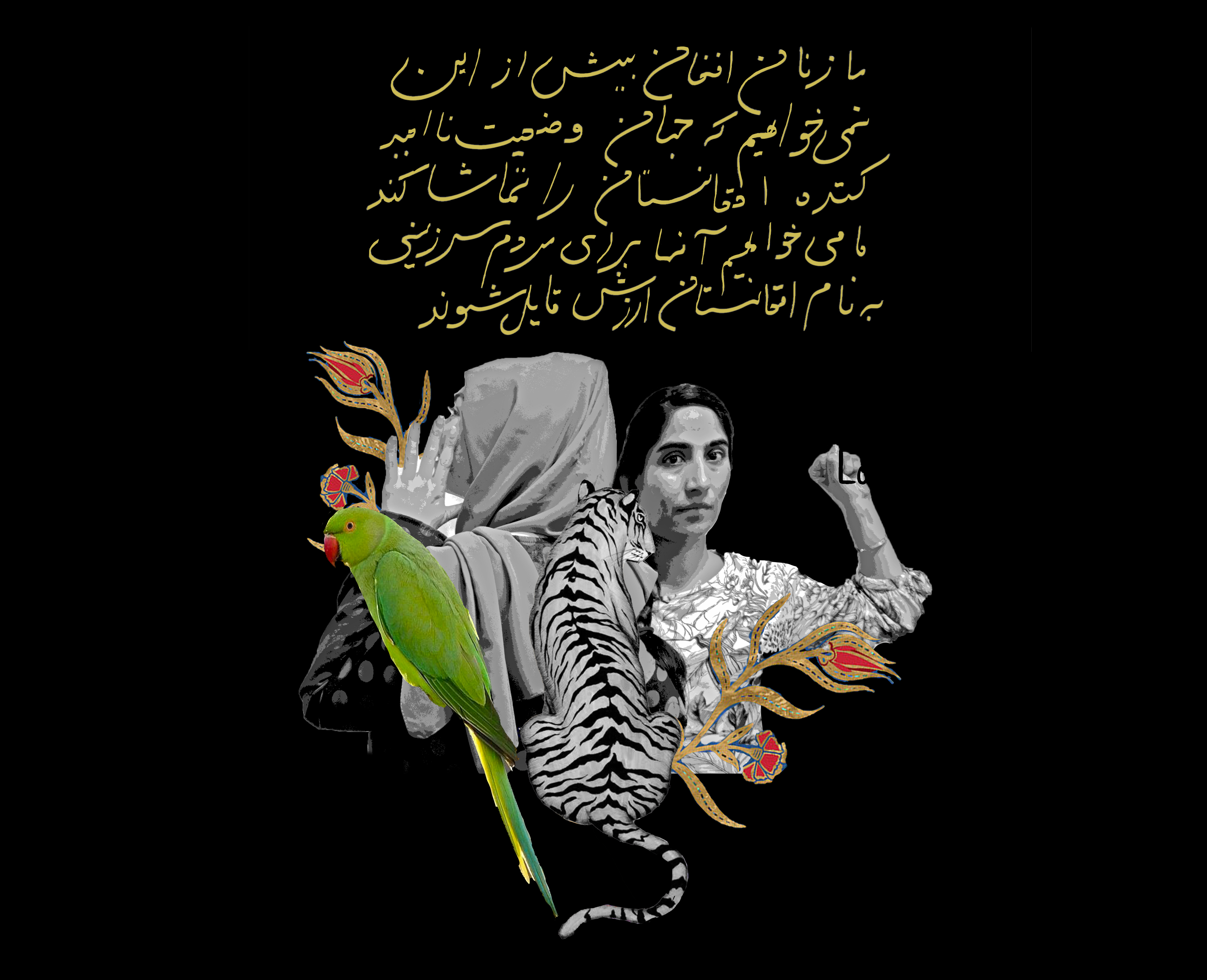New York, NY – At the Clinton Global Initiative (CGI) 2024 Annual Meeting, VOICE, a women-led feminist organization, is proud to announce its commitment titled “Integrating Women’s and Girls’ Needs and Leadership in US Crisis Response.” This ambitious initiative aims to revolutionize how humanitarian aid and disaster response are conducted in the United States, by placing women and girls at the center of crisis leadership and decision-making.

Latest News
Latest Featured Work
An article by Mendy Marsh, the executive director of VOICE, and Lauren Messina, a gender-based violence in emergencies technical specialist, and a Ukraine crisis response regional manager at VOICE, published in Foreign Policy.
Hours after Russia invaded Ukraine in February 2022, refugees began pouring over the border to Moldova. Ludmila Popovici, the executive director of RCTV Memoria, a Moldovan nonprofit that works with survivors of war and torture, was in Romania at the time undergoing cancer treatment. But with the beginning of what some would now call an “endless war,” Popovici and her team immediately got to work.
Women’s organizations are the unsung heroes of Ukraine’s humanitarian response. Two years in, their resiliency is being put to the test.
VOICE’s latest report, in partnership with HIAS, highlights how a lack of adequate resourcing and support has put immense pressure on many women’s rights organizations, many of whom are concerned about their capacity to continue supporting women and vulnerable populations from their communities in addition to those displaced by the war. It also highlights continued critical service gaps for those displaced, including housing, economic support and gender-based violence services.
We are working to help meet the needs of women- and girl-led organizations in a growing number of countries around the work.
Our team includes humanitarian practitioners, researchers, and human rights defenders with over 100 years of experience in feminist movement-building and violence prevention and response.
VOICE Arts Work: A Tool for Change
In August 2021, as the Taliban took over Kabul, the international community evacuated thousands of Afghan women human rights defenders whose lives were at risk. These women and their families were taken to countries such as Turkey, Greece, Albania, and Qatar while their resettlement processes began. More than a year later, many of them are still in transit. Many of their family members are still in Afghanistan; their friends and colleagues are dispersed around the world in search of safety and security; and their lives are seemingly on hold.
WASHINGTON DC Television WUSA9 features VOICE’S art exhibition — Home is Still A Long Way Away: An Art Exhibition by Afghan Women — while on display on the National Mall December 10-12, 2022.
Gender Equality: Featured Focuses
VOICE’s work is deeply interconnected with climate justice, recognizing that women and girls, particularly in conflict and crisis settings, are disproportionately affected by the impacts of climate change. As natural disasters, environmental degradation, and resource scarcity escalate due to climate change, women and girls often bear the brunt of these crises, facing heightened risks of gender-based violence, displacement, and loss of livelihoods.
VOICE is deeply committed to advancing reproductive justice as a fundamental part of our mission to empower women and girls in crisis and disaster settings. We recognize that access to reproductive health services and the ability to make autonomous decisions about one’s body are critical rights, particularly in emergency contexts where these rights are often threatened or denied.

Disruptive &
Catalytic

Sharing & Shifting Power

Reflective
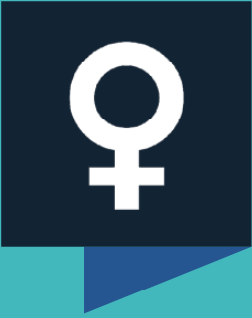
Unapologetically Feminist
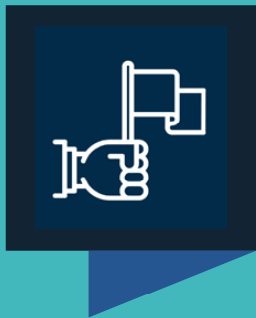
Boldly Political
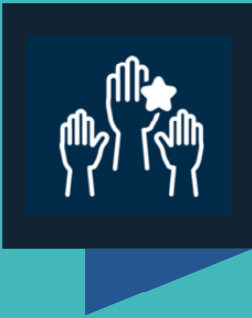
Accountable
How we work matters as much as what we do; our endeavors are led by women and girls’ realities, priorities, and expertise.
Join The Movement! Subscribe to stay informed about all things VOICE
